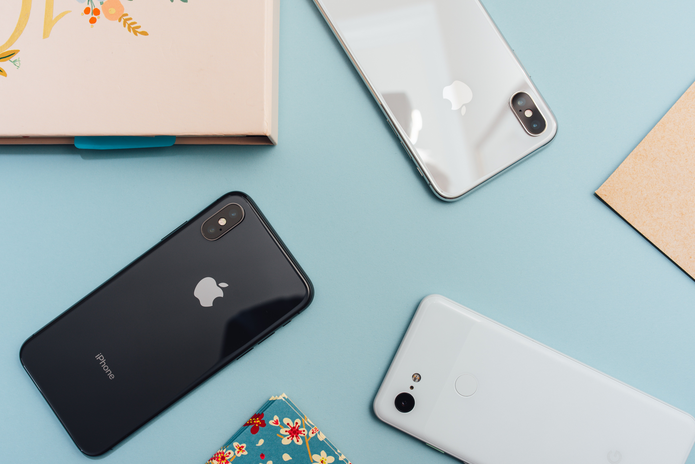If you live in the world of social media, beauty gurus and influencers, the James Charles and Tati Westbrook feud is no shocker. The entire controversy and drama-packed “tea” has been widely circulated all over the Internet within the past week. Not only have other influencers and YouTube moguls chimed in online, but fans and everyday social media users have been following the scandal closely and posting their opinions on every social media platform imaginable.
I am not here to recap the drama nor provide my two cents on these issues. The reason I bring up the James x Tati scandal is to talk about cancel culture – also known as call-out culture. I am sure you have heard about the term and have some knowledge of when it is used. Sure, sometimes it can be used in a comedic way to over dramatize a funny situation behind closed doors – but other times it leads to extremely toxic behaviour that has detrimental consequences (especially when exhibited online).
Cancel culture is exactly what it sounds like – to cancel someone or something due to a negative or problematic situation. After cancelling someone, often times people decide to support their competitor or the person uncovering drama about said individual. Think of it in terms of a Netflix subscription – you cancel your account because the prices have increased (obviously something negative) and you use your ex-boyfriend’s account instead because you (for some reason) remember his password. Simple concept, right? So it seems harmless to “cancel” someone for something they’ve done that you don’t agree with. If you go about your day after deeming someone “canceled,” then fine – that’s totally your right. However, cancel culture turns into a literal online war once people start to gang up and publicly humiliate the person rather than the issue or concern at hand.
To get a clearer sense of what I mean by “online war,” I am going to return back to the James x Tati scandal. In her original video that sparked the drama (which has been removed off her channel but here is the reupload for context), Tati made claims that James was predatory towards straight men and demonstrated dangerous sexual behaviour. In his response video, James addressed Tati’s claims as being baseless and essentially, never happening. As a result of Tati’s allegations, the Internet was quick to judge James and his character – going as far to call him dangerous, predatory and unsafe to be in society. Many fans and social media users keeping up with the drama were quick to “cancel” and criticize James, who then lost millions of followers on his YouTube channel and social media platforms. After James’ video, people were easily swayed and apologized for their hurtful words, deeming that James was “in the right” and that he most definitely wasn’t a sexual predator.
This is what’s wrong with cancel culture. People are quick to take sides even before all parts of the story are out in the open, which really damages people’s careers, character and self esteem. Social media makes it easier for people to jump on the bandwagon and bond together by cancelling and slandering someone without any evidence or proof of the situation. In his video, James explains that all the drama and allegations had put him in a “dark place,” which is just one of the many detrimental outcomes of cancel culture. Actively pursuing cancel culture severely impacts other people’s mental health and is most definitely a new form of cyber-bullying. By cancelling someone’s existence (both and on and offline), you are sending a message that that person is not worthy of life.
Yes, I get that sometimes cancelling people seems appropriate *cough* Donald Trump *cough* but I think it is much more important to cancel their actions. For example, I 100% don’t agree with the bills politicians in Alabama are passing to ban abortion and I would argue it is safe to cancel the bill and those politicians’ actions, but not the politicians themselves. Cancel culture inhibits people from having and sharing their own opinions, which is just a part of everyday social life. Together, social media and cancel culture participants make it easier than ever to block inclusivity online, which creates a toxic online environment among many (if not all) platforms.
Don’t get me wrong – I don’t think cancel culture should be terminated completely, but I do think that it needs to be revamped… or at the very least, taken more seriously. I definitely think people should still feel comfortable about sharing their opinions but should be careful not to jump immediately to criticize the person without weighing all the information. So, next time you see an “X is over” party on Twitter, do a little digging before wrongfully cancelling someone.



